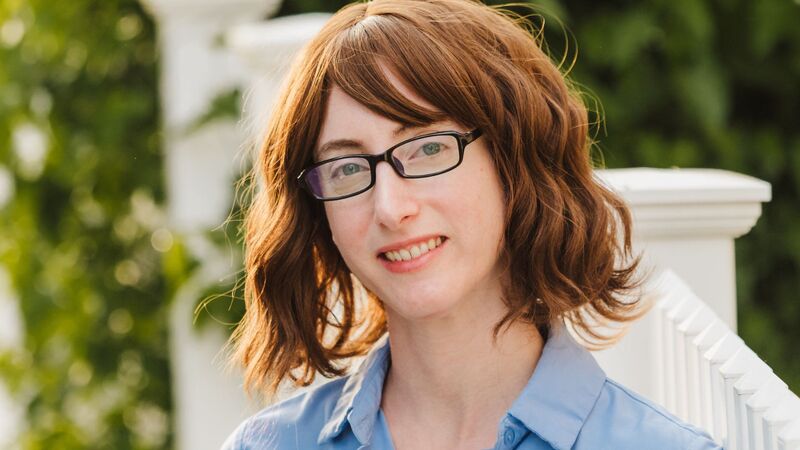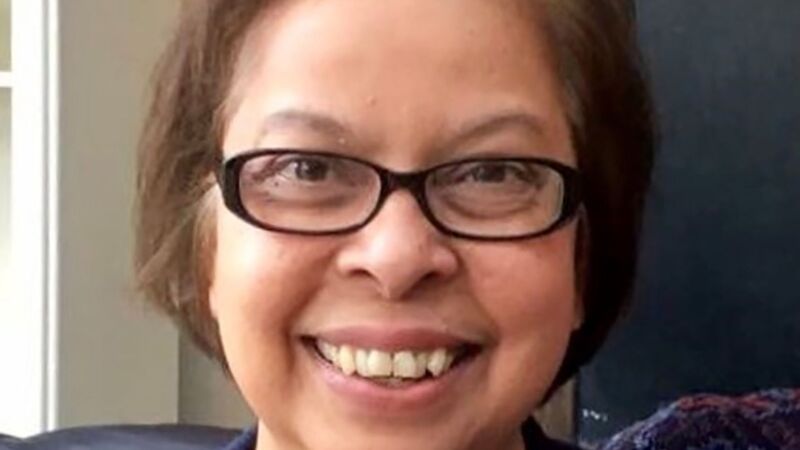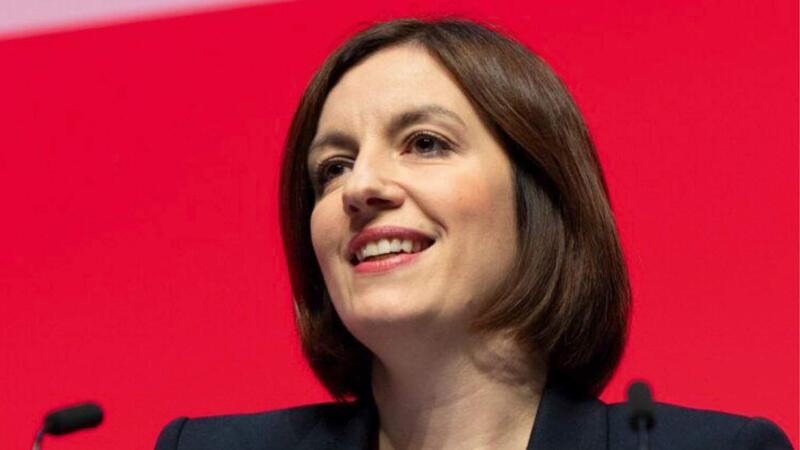You are viewing your 1 free article this month. Login to read more articles.
Publishing seeks to address industry’s lack of diversity
The publishing industry needs to improve the diversity of its staff and open itself up to writers of all backgrounds if it is to increase the range of its output, publishers have told The Bookseller.
Statistics, partly compiled by The Bookseller, show that of the thousands of titles published in 2016 in the UK, only a small minority—fewer than 100—were by British authors of a non-white background. But publishers have argued there is now a serious commitment to widening that representation, with one suggesting the industry was in “the process of a very dramatic transition”.
The Bookseller this week publishes a range of first-person accounts written by senior publishing executives from diverse backgrounds, in the first such initiative to focus on the “rich line of brilliant BAME publishers”, in the words of HarperCollins non-fiction publisher Natalie Jerome, who suggested the feature. The essays—by people such as Batsford publishing director Tina Persaud, Tamarind founder Verna Wilkins, and HarperCollins general counsel Simon Dowson-Collins—reveal the realities of working in a predominantly white environment, and the disappointment of not being able to materially increase the output from British black, Asian and minority ethnic (BAME) authors.
The lack of representation is also reflected in the bestseller charts: of the top 100 titles of 2016 to date, just one is by a British writer from an ethnic minority background; there are six in the top 500. An equivalent US chart reveals 30 US BAME authors in the top 500.
No publisher The Bookseller spoke to holds data on the ethnic background of its authors. Some cited data protection rules as the reason the information was not available. Where publishers were unable to provide data on the number of books by BAME authors on their 2016 schedules, The Bookseller compiled the statistics using available publisher catalogues and information on authors in the public domain. There are indications that 2017 could already see a step-change in output, with major acquisitions including the first book by BBC broadcaster Mishal Husain and “Great British Bake Off” winner Nadiya Hussain’s first novel.
Agents of change
BAME is defined by Oxford Dictionaries as “black, Asian and minority ethnic (used to refer to members of non-white communities in the UK)”. It is important to note this definition does not include white minority groups, who may also be underrepresented when it comes to books published in the UK.
While there was general recognition of a lack of diversity in the trade (the London Book Fair and the Publishers Association are next week running a conference entitled “Building Inclusivity in Publishing”), publishers told The Bookseller that more needed to be done to encourage and find British writers of colour. Literary agent and Association of Authors’ Agents committee member Isobel Dixon said widening the backgrounds of literary agents was a key factor. Dixon this week announced that Blake Friedmann would launch an internship in honour of the late agent Carole Blake, which will target applicants from diverse backgrounds.
The Carole Blake Open Doors Project, which will begin next year, will “aim to draw applicants from areas not well represented in publishing: British applicants of BAME backgrounds, those without university degrees and those not from the wider London metropolitan area”.
In her essay for The Bookseller, Jerome (pictured right) wrote: “I’m a passionate advocate for the need for more, many more, acquiring editors of BAME background in our industry. Quite frankly, it’s the fastest, most effective way we will tackle the overwhelming lack of diversity and the fact that the content we produce doesn’t always reflect the society in which we live today. If the decision makers aren’t diverse, then neither will our books be.”
Dixon commented: “Widening the backgrounds of literary agents is an important factor, and companies need to look at their recruitment practices and internships and see what they can do to be more attractive as a profession to talented and ambitious BAME candidates. Organisations such as Creative Access can be valuable partners, but I think [literary] agencies have to make it very clear that they are actively seeking to hire in a more open fashion as well. Taking on interns and entry-level staff only via personal recommendation, in the old-fashioned publishing style, limits the pool of talent to those already connected. The publishing industry needs to seek to forge new connections.”
Jenny Todd, publisher at Canongate, said there was “lots of work being done” when it came to improving the diversity of staff and books published across the industry, but “we have to accept that there is a huge amount more to do”. She added: “I think staffing is lagging behind output, but both are still falling woefully short.”
She added that she was “enormously proud” of what Canongate’s “authors have achieved and [the list is] excited about the talent we see emerging. Our plan and our hope is that this work inspires future generations of British BAME writers and that they can be confident in the knowledge that the opportunities are there to be seized.”
A fallow field
The Jhalak Prize for Fiction, launched this year and open to British writers of colour across all genres, has received 36 submissions to date, ahead of its 30th November closing date. Of these, 33 are from publishers and three are self-published. Earlier this year, World Book Day (WBD) was accused of failing to represent writers of colour in its annual promotion. Author Nikesh Shukla criticised the selection, saying he was “really sad” about the authors chosen, adding that people of colour “need to see ourselves” in books. But WBD director Kirsten Grant said the books were chosen from a selection put forward by publishers.
Sunny Singh, chair of judges for the Jhalak Prize, said that while submission numbers for the prize were healthy, they pointed to a dearth of BAME writers that publishers could enter. “Given that the prize was to encourage all kinds of writing by writers of colour, it does feel quite small. After all, we included everything from children’s and YA to non-fiction and genre.”
Singh said the number of submissions proved “the industry is in pretty grim state regarding diversity”, and that the “risk and challenge of finding new voices, and of nurturing and supporting them, is being done by the smaller outfits”. She added that submissions were mainly literary fiction, with some crime and YA, but “a big, missing point is romance, and the romance angle also appears to be missing from the literary fiction.”
Lisa Milton, executive publisher at Harlequin UK, part of HarperCollins, agreed that British BAME voices were mainly found in “very literary and academic” spaces. “We are in the process of a very dramatic transition in publishing and I hope we are making progress and acting, not just talking,” she said. “BAME voices have been present in publishing for a long time, but in a very literary and academic space. I think the transition, for me, is to move from literary to commercial, to have BAME authors across different genres.”
Milton, who acquired the début novel from Hussain (pictured left), and will publish it in January, added: “Most people don’t think they can write a book but I think we have got to keep communicating to people that publishing’s doors are open. At [Harelquin imprint] HQ we are essentially setting up a list from scratch. Our mindset is to be diverse and you have to search out different voices proactively.”
David Shelley, c.e.o. of Little, Brown and Orion and co-ordinator of Hachette’s company-wide diversity group, said there was a “real will to change in publishing” and become more diverse in both staffing and output. “One thing that concerns me is particular genres like popular history or crime, where BAME authors are underrepresented,” said Shelley. “I certainly think we should be looking very hard to encourage a conversation about that.”
Penguin Random House UK recently launched its WriteNow initiative, which seeks to attract writers from communities underrepresented in the UK bestseller lists. Siena Parker, PRH UK’s corporate responsibility manager, said: “There is never going to be a single magic solution. To get long-lasting, meaningful change there are a number of things we need to do as an industry. The biggest area of opportunity is how we work with partners across publishing, like agents and retailers. We are not going to get meaningful change otherwise. The measure of success will be if we don’t have to have this discussion again. If we are still having this discussion in 10 years’ time, we will have failed.”
Read our series of essays by people of colour working in publishing here.



















